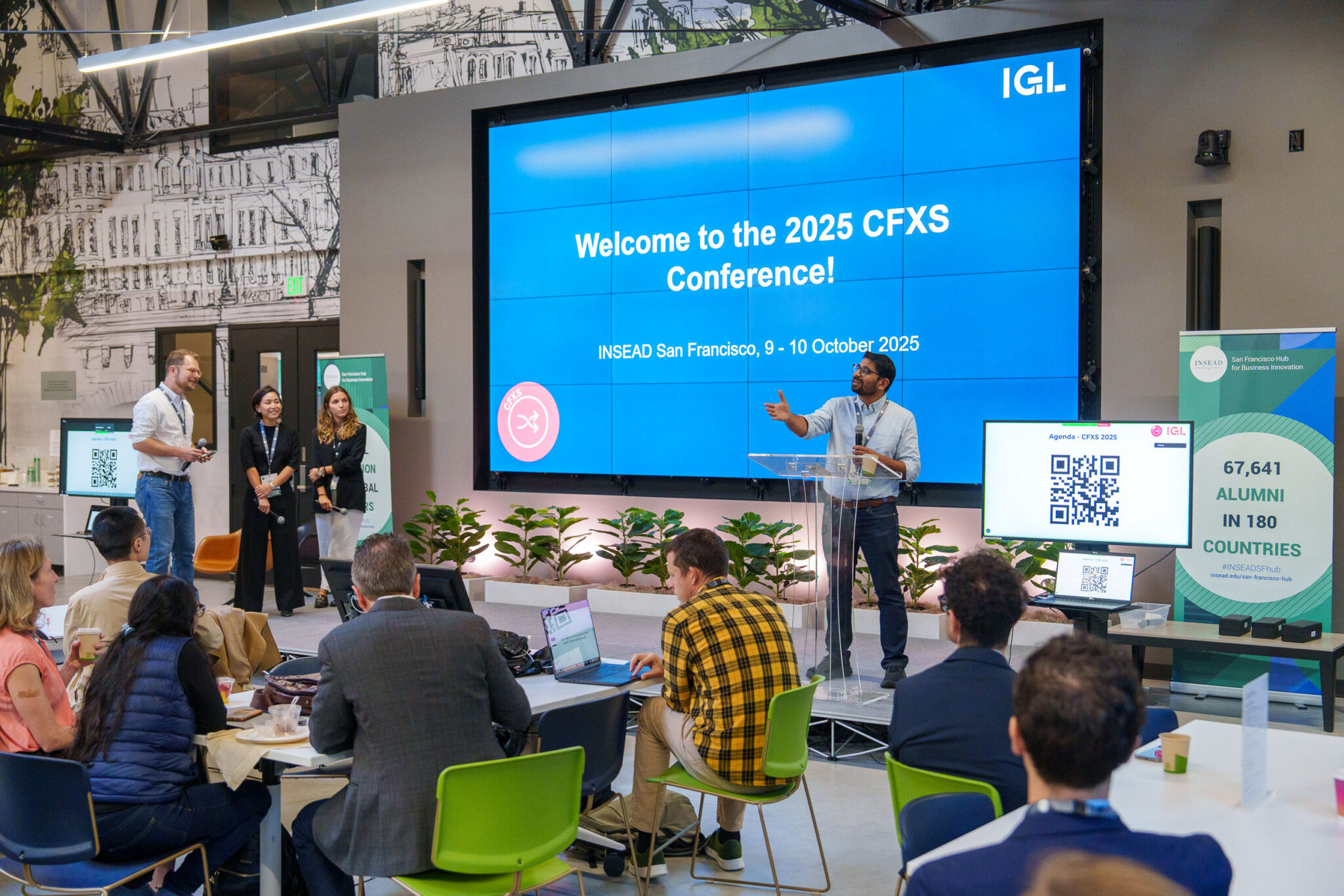
Blog
Can a Conference Be Experimental?
Reflections from the 6th Conference on Field Experiments in Strategy (CFXS 2025)
28 October 2025
In a world increasingly shaped by AI and rapid technological change, what does it mean to experiment – and why does it still matter?
Earlier this month, we returned from two full days in San Francisco, where we co-hosted the 6th Conference on Field Experiments in Strategy (CFXS). Like every year, IGL was proud to co-host this event alongside Professors Sharique Hasan (Duke University), Hyunjin Kim (INSEAD), and Rem Koning (Harvard Business School) – the minds and hearts behind this growing community of field experimenters.
This year’s edition was our largest yet, with 117 registered participants, including around 40 PhD students in addition to nearly 50 joining online. The mix of early-career researchers and senior faculty created exactly the kind of vibrant, cross-generational exchange that makes CFXS unique. Between paper presentations, idea pitches, and hands-on workshops, the event at times felt like an experiment in itself – testing new formats, ideas, and collaborations in real time.
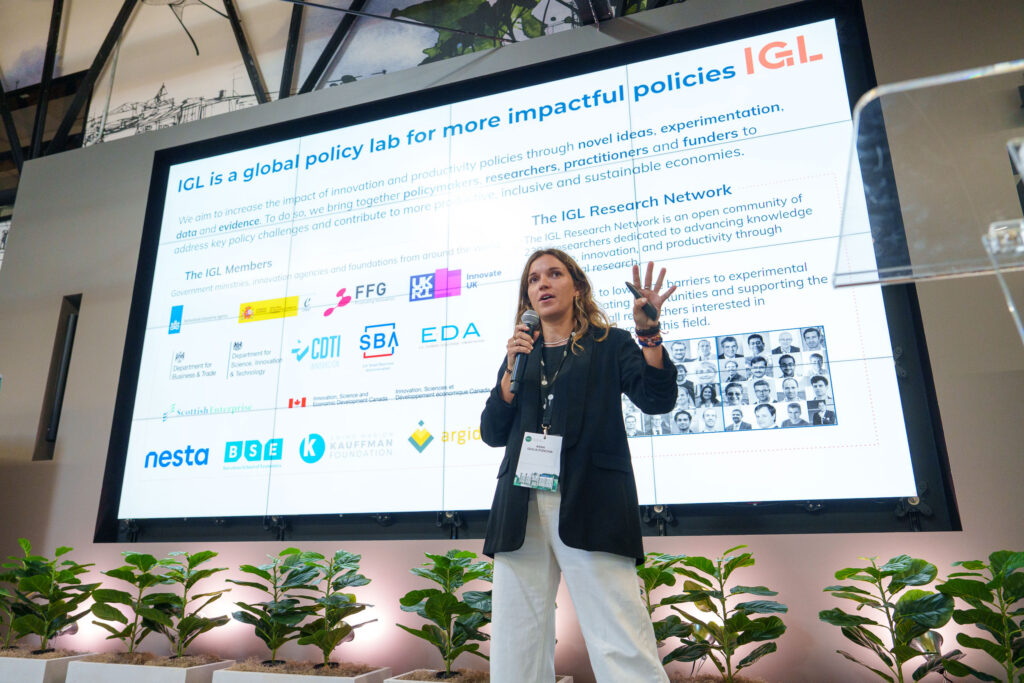
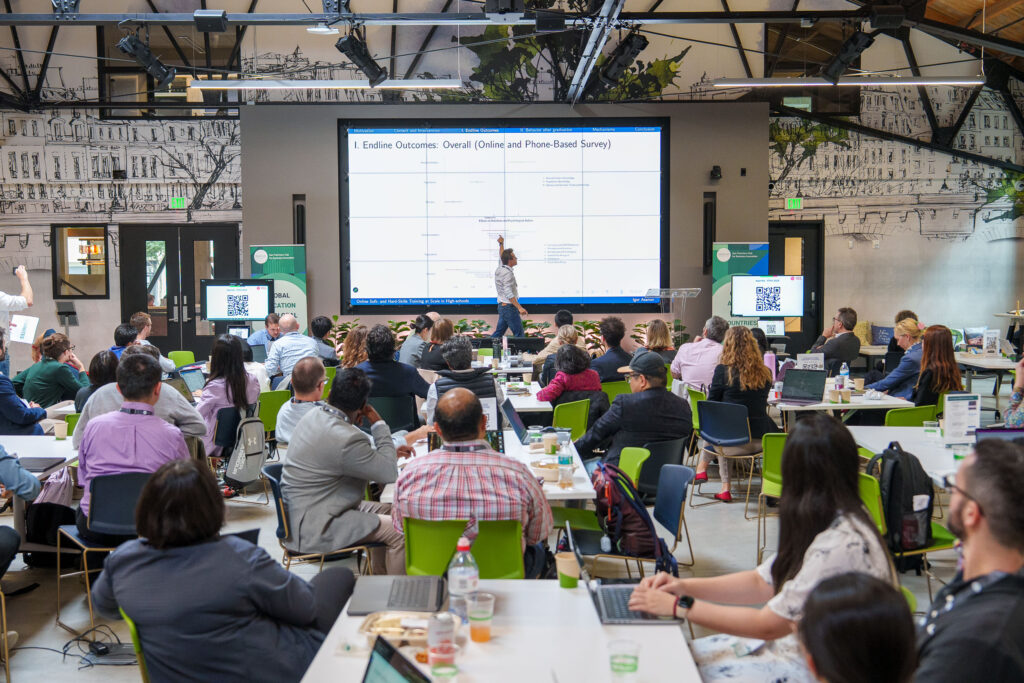
What We Learned: Highlights from Day 1
The two days were packed with sessions that showcased the breadth of experimentation happening in the strategy research today, spanning many different topic areas.
The opening session focused on labor markets, development, and AI – exploring who works where, and why. We heard from Brian Jabarian, who presented evidence that AI-based interviews can outperform human ones by reducing bias and increasing hiring consistency and job offers. Sofia Bapna shared research on how different types of rejection feedback affect women’s job search persistence, while Bo Cowgill examined the effects of non-compete clauses on job mobility and wages. As John Horton highlighted in his discussion, these studies raise important questions about the role of AI in improving labor market efficiency and the ethics of letting algorithms make decisions that shape people’s careers.
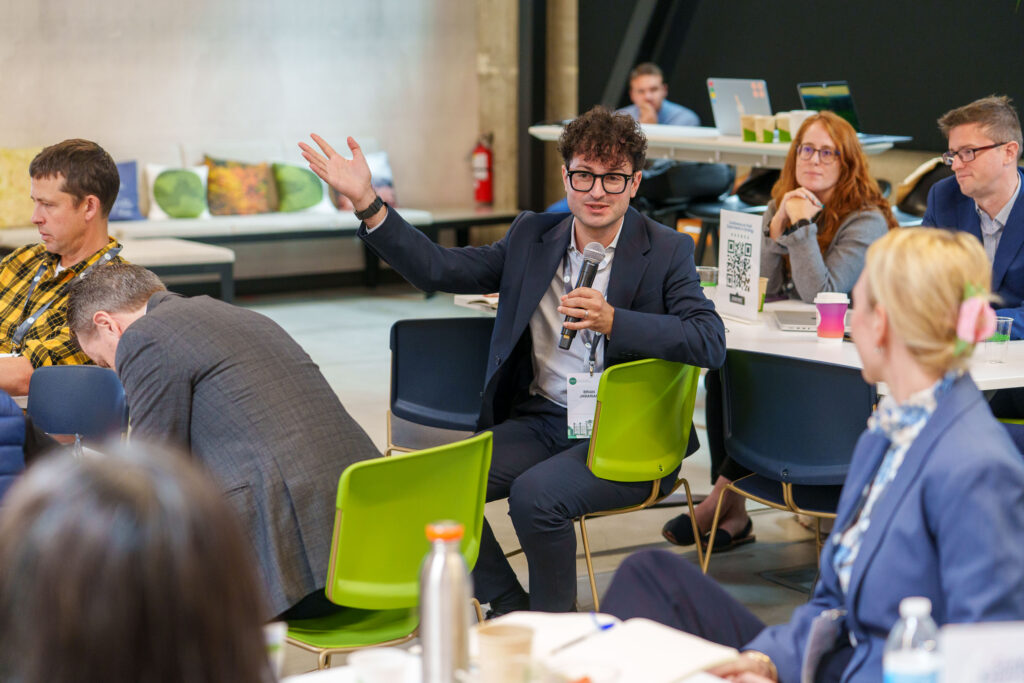
The afternoon turned to field experiments in Uganda and Ecuador. Silvia Castro showed how public recognition can increase cooperation in a Ugandan bank, while Igor Asanov presented a soft skills training program in Ecuadorian high schools that improved students’ confidence but showed limited long-term effects on employment. The latter also received funding through our previous IGL grants programme. Tess Lallement, our former CFXS Idea prize winner, explored how better job descriptions improve matching efficiency and broaden access to opportunity. And finally, Anita McGahan wrapped up the session highlighting in her discussion that the hardest questions in field experiments are often not about what works, but why – and how results translate across different contexts.
The final session of the day ‘zoomed’ out to examine AI’s broader impact on organizations and knowledge production. We heard about the use of AI to counter misinformation in news media (Ananya Sen), to enhance human-AI collaboration through chess experiments (Stefanos Poulidis), and to inspire creativity in retail innovation (Moran Lazar). In his closing remarks, Sonny Tambe drew fascinating parallels between AI and past technological shifts – from aviation to the printing press – urging researchers to focus on what makes AI truly distinct in shaping human creativity and trust.
The day also featured one of our favorite parts of CFXS – the five-minute idea pitches, where participants shared early-stage experimental ideas and received live feedback from the room via Slido. Many of these projects are still in the making, so you’ll have to be in the room to get the full experience – perhaps another reason to join us next year!
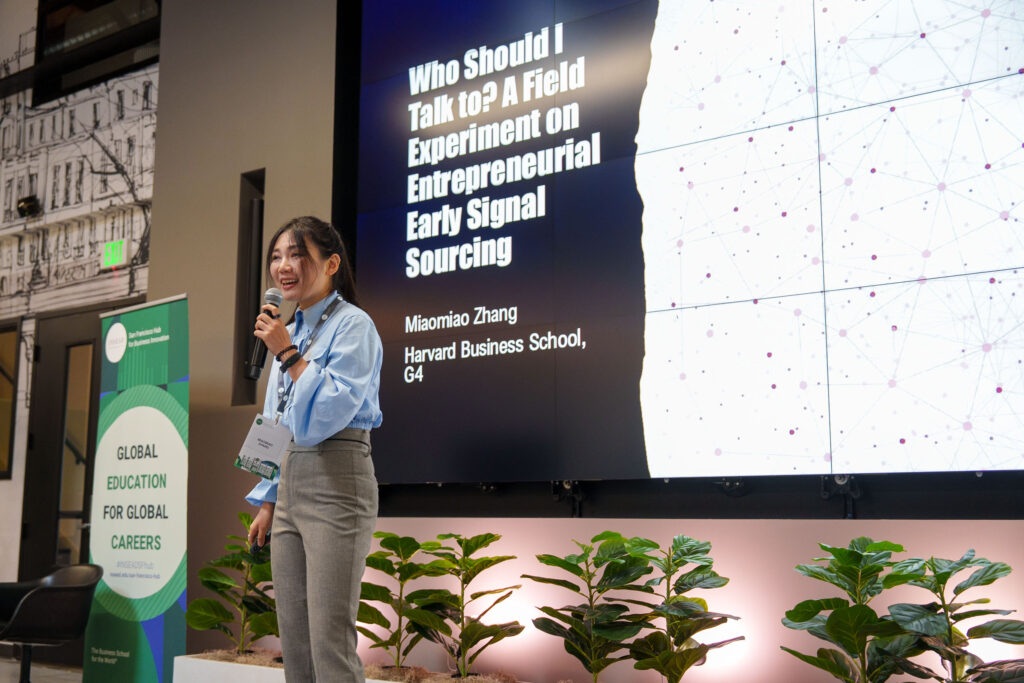
Day 2: When a Conference Becomes an Experiment
If CFXS is known for one thing, it’s that it doesn’t just showcase experiments – it creates them. This year’s GenAI workshop made that especially clear.
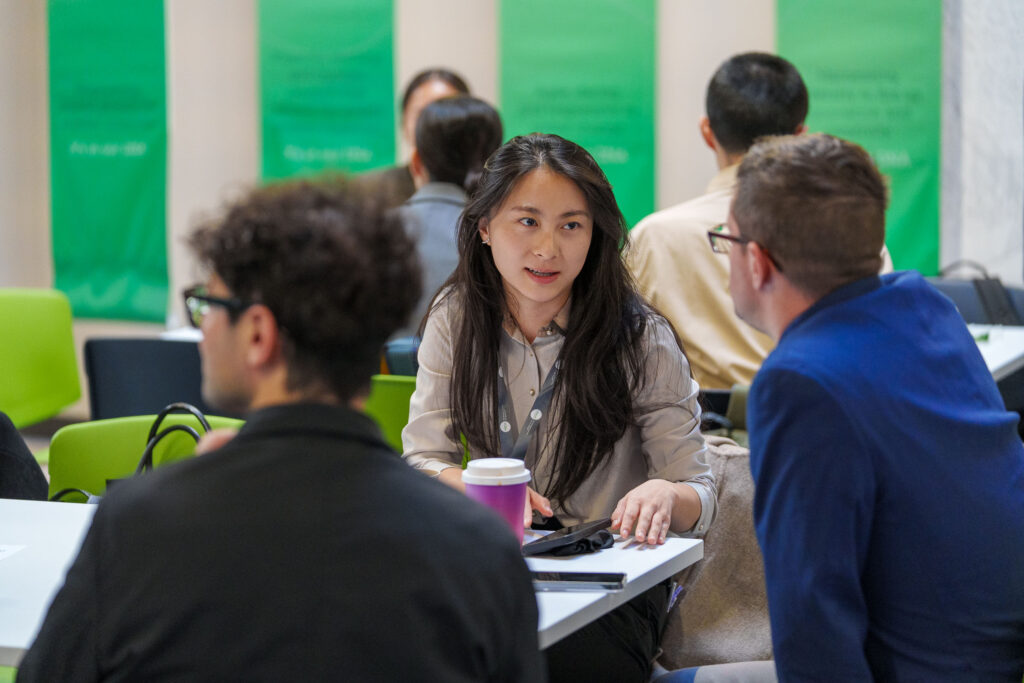
We mixed PhD students and faculty at the same tables and challenged them to design and prototype new interventions using a variety of AI tools, from ChatGPT and Gamma.app to Replit and Lovable.dev. Using the CFXS experiment canvas, participants simulated interventions, power calculations, reviewer reactions, and even potential survey responses – all within the space of a few hours. It did somehow feel like we were in a design hackathon. The results were fascinating: AI-driven “management conversation simulators,” avatar-based collaboration tools for startup hackathons, and experiments on how learning about risk-taking (think Uber’s “ask forgiveness” strategy) shapes entrepreneurial behaviour. The energy in the room was ‘AI-ncredible’.
We also hosted a panel on “How AI Changes the Scientific Process”, featuring Lamar Pierce (Washington University), Pierre Azoulay (MIT), and Melissa Valentine (Stanford University), moderated by Sharique Hasan and Hyunjin Kim. Their debate revolved around a “simple” question: Is AI accelerating science – or fundamentally changing it? While the panellists agreed that AI democratises access to scientific tools, they also warned that it could concentrate influence among a handful of elite institutions. They called for rethinking peer review and research evaluation systems to handle AI-generated outputs responsibly. AI, they suggested, may not replace human judgment, but it will change what “scarce skills” mean – making social insight, field implementation, and interpretation more valuable than ever. The panellists reminded us of the challenge of “distinguishing noise from signal,” highlighting AI’s potential to help us understand systems more deeply – not just produce more papers.
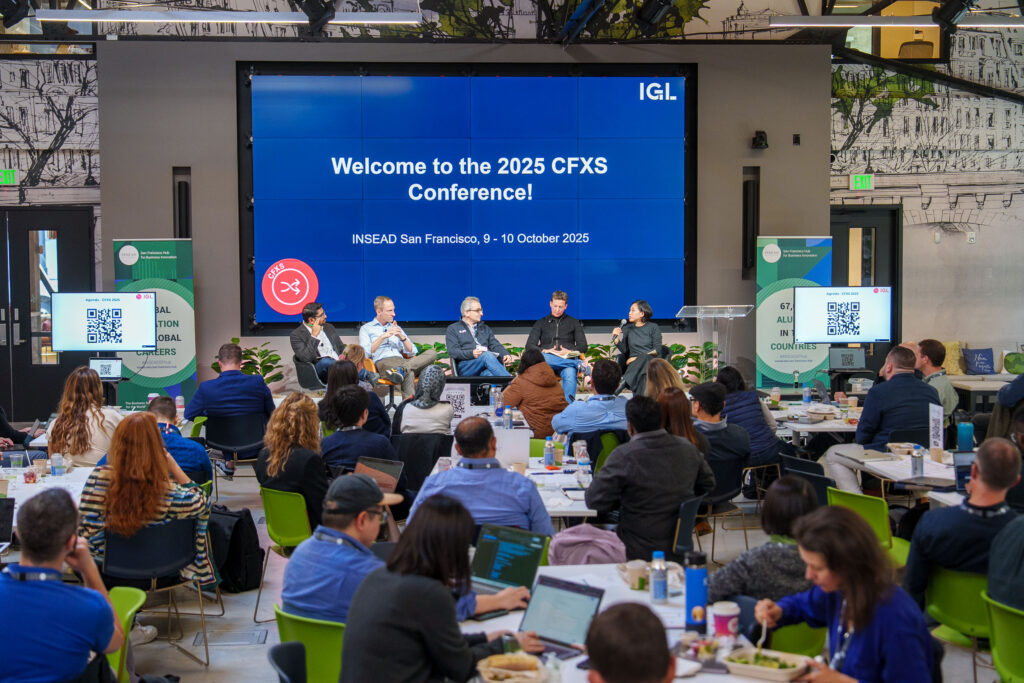
We ended the two days by celebrating the outstanding work of Elena Novelli, Arnaldo Camuffo, and Ashley Wong, who received the IGL Annual Research Prizes for their contributions to field experimentation.
Through live voting, we also awarded not one but two Best Idea Prizes – to Amisha Miller for her research on using avatars in VC decision-making, and to Derek Lief for his work on AI-based matching in healthcare settings.
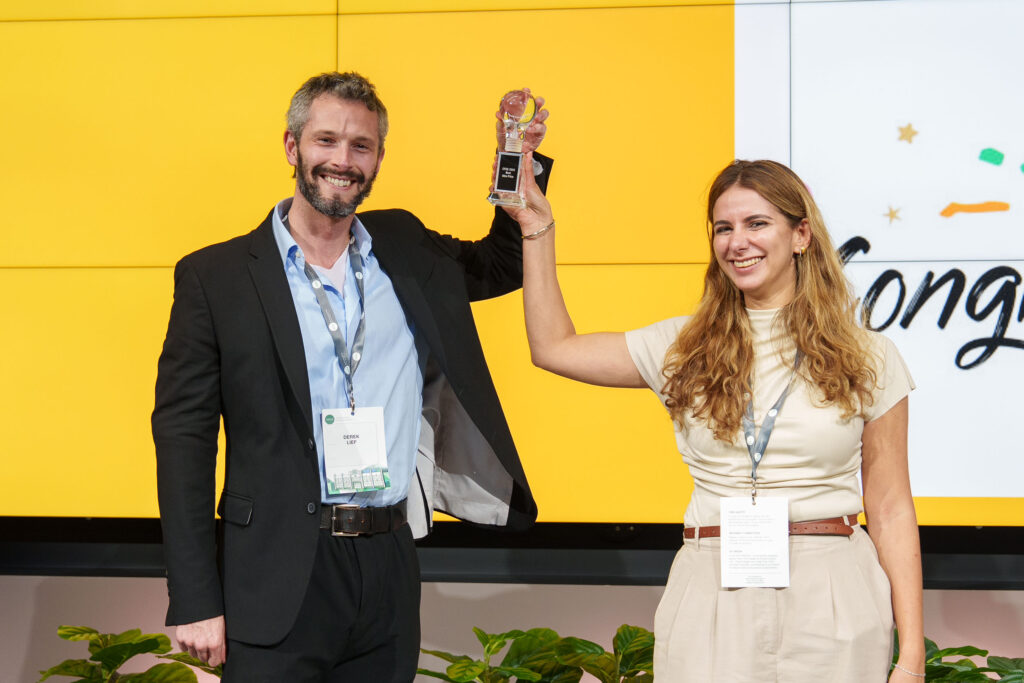
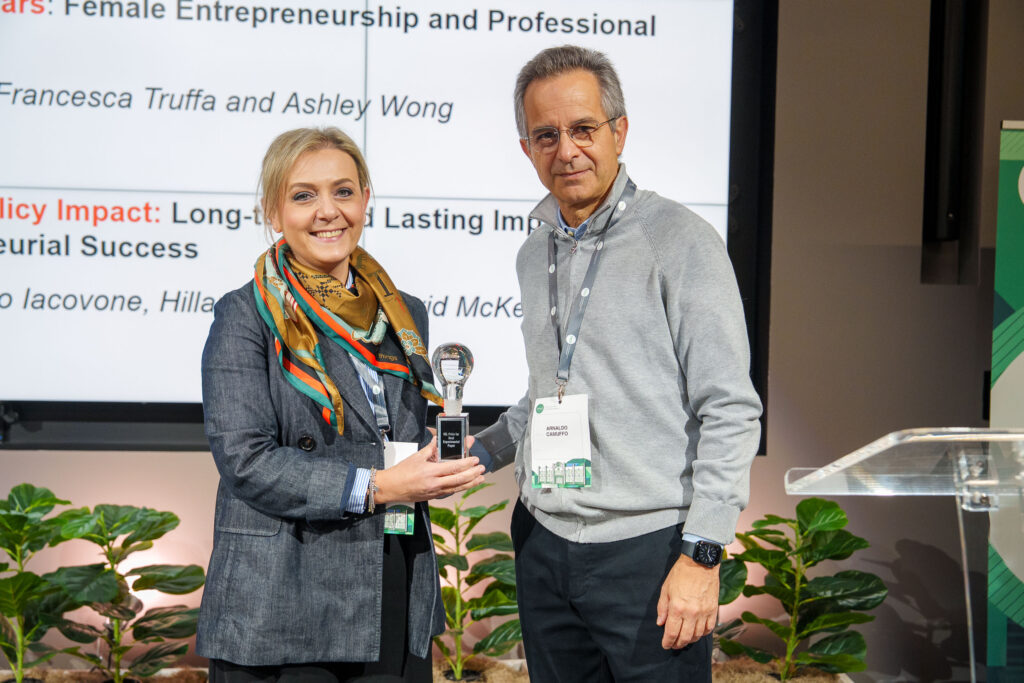
So, can a conference be experimental? We’d say CFXS definitely is.
Experimentation – whether in research, policy, or community-building – is ultimately about curiosity, iteration, collaboration and even fun (yes, really). AI may be transforming the tools we use and the pace of our work, but it is definitely also accelerating (and not replacing) the human impulse to explore, to test, and to learn together.
As one participant put it, “Institutions change slower than individuals – and that’s why we need places like this.”
We hope to see you at the 2026 CFXS edition (location and dates to be announced soon)!
Until then, stay connected with IGL and get involved with the wide range of activities we offer throughout the year by:
- Joining our Research Network to connect with fellow field experimenters
- Applying to our 2025/2026 Seed Grants to fund your early-stage experimental ideas
- Becoming part of our PhD and Postdoc Community and taking part in our workshop series
- Registering for our Experimentation Webinar Series to get feedback on your paper or trial design and learn from leading researchers
- Getting feedback on your trial design through our Trial Design Peer Review Learning Initiative
- Staying tuned for our 2026 Masterclass Series, coming soon
-

IGL research network
The IGL Research Network is an open community of researchers dedicated to advancing knowledge through experimental research.
-
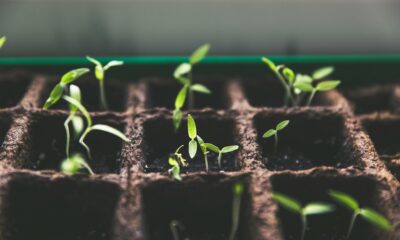
Seed Grants
IGL Seed Grants will support researchers in developing and piloting innovative experimental research ideas.
-
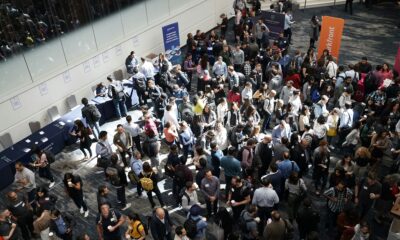
PhD Community
The IGL PhD community aims to lower the barriers to experimental research by bringing together early-career researchers.
-
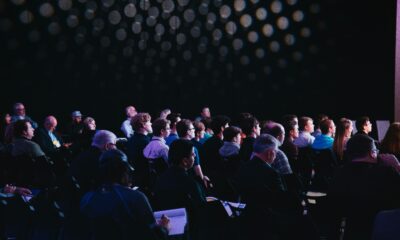
Experimentation Webinar Series
We are excited to introduce the IGL Experimentation Webinar Series, a new initiative designed to help researchers learn from the latest randomised controlled trials (RCTs) and refine their experimental designs before they go to the field. Our goal is to upskill the research community by sharing insights, best practices, and common pitfalls in experimental research. […]
-
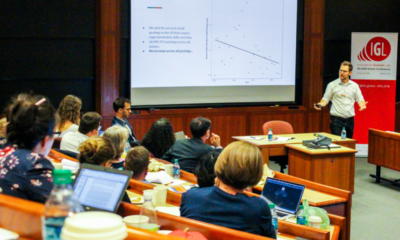 Event
Event2025 Designing Field Experiments – An IGL Masterclass Series
Are you a PhD student or researcher interested in field experiments eager to gain a behind-the-scenes perspective on designing and conducting experimental research? The Innovation Growth Lab (IGL) and the Conference on Field Experiments in Strategy (CFXS) are launching a masterclass series designed to provide insights into how to design field experiments in science, innovation […]
